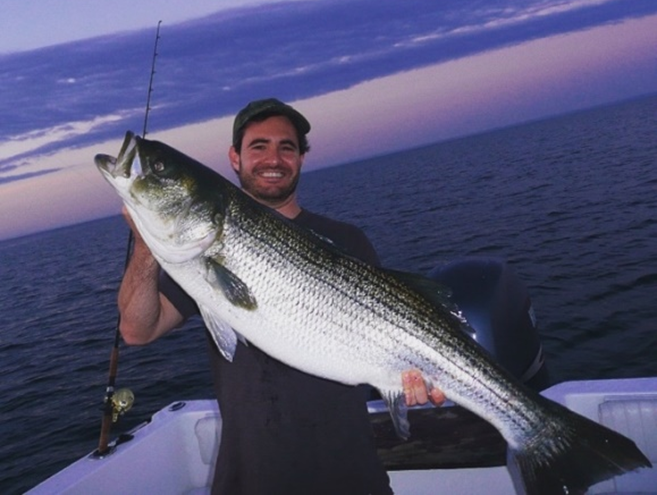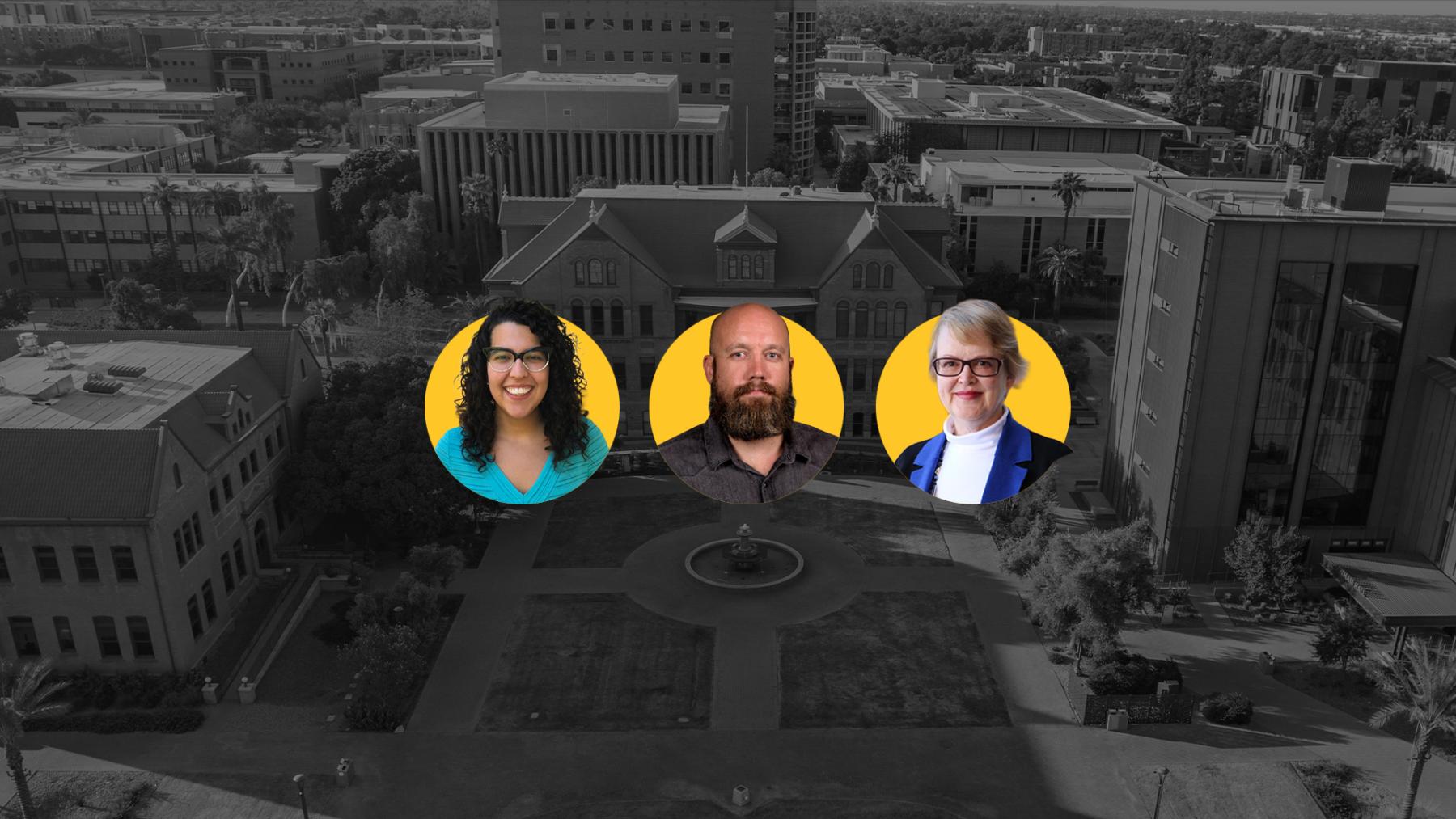
Five Questions with Jesse Senko, School of the Future of Innovation in Society
1. Tell us about yourself…
I’ve been fishing all my life, basically since I was in diapers. I studied fisheries and wildlife as an undergrad and master’s student, and got my PhD degree in Biology here at ASU, and I’ve always wanted to do something that would increase the sustainability of fishing while not making things harder for fishers who can barely make a living as is.
2. Why did you choose ASU?
I came to ASU because of the proximity to the Baja California peninsula of Mexico and the vast array of different fisheries there and their interactions with endangered wildlife. You would think that it would make more sense to do your PhD in marine ecology on one of the coasts, but ASU had so much to offer in terms of their interdisciplinary nature, it was the perfect place for me. When we needed a renewable power solution to illuminate fishing nets, one of the best solar power research centers in the country was a 5-minute walk across campus. There’s so many resources here, and such a culture of collaboration. You’re not going to get that at a lot of places.
3. What’s the most rewarding part of your work?
Working with the fishermen. I love to fish myself and so automatically we share that passion for being on the water. They realize that I’m trying to help them sustain their way of life, and it’s amazingly rewarding.
4. How about nicknames? Do you have any nicknames?
(Laughs out loud) That’s crazy that you asked that. They used to call me “Chaparrito” which means “little sweet child" in Spanish. Usually that nickname is reserved for toddlers, but whatever. Now they call me "Tortuguero", which is “turtle man".
5. You’re from the northeast – Love Tom Brady or hate him?
Ahhhh – I grew up in Southwestern Connecticut, about a 45 min train ride into NYC. So, I’m a New York fan – Yankees and Giants – and naturally I hate him.
More stories from the Graduate Insider

Finding your flow: Managing the graduate writing process
Graduate writing can feel like a marathon—long, demanding, and full of unexpected detours. But as Tristan Rebe, Program Manager for the Graduate Writing Center, reminded students in the Grad15: Managing the Writing Process webinar, writing is not about perfection—it’s about progress. “The best dissertation is a done dissertation,” Rebe said, quoting Robert Frost: the best way out is through.

Promoting resilience and well-being in Ghana — and across the globe

From practice to presentation: How to deliver a winning faculty job talk
Giving a job talk can feel like the most high-stakes presentation of your academic job search. It’s not just a research seminar—it’s your opportunity to demonstrate vision, communication skills, and fit within a department. In a recent Lunch and Learn, faculty members Associate Professor in School of International Letters and Cultures, Anita Huizar-Hernandez, Professor in School of Life Sciences Jeffrey Jensen, and Professor in Department of Physics Patricia Rankin shared concrete strategies to help graduate students and postdocs succeed as future faculty candidates.